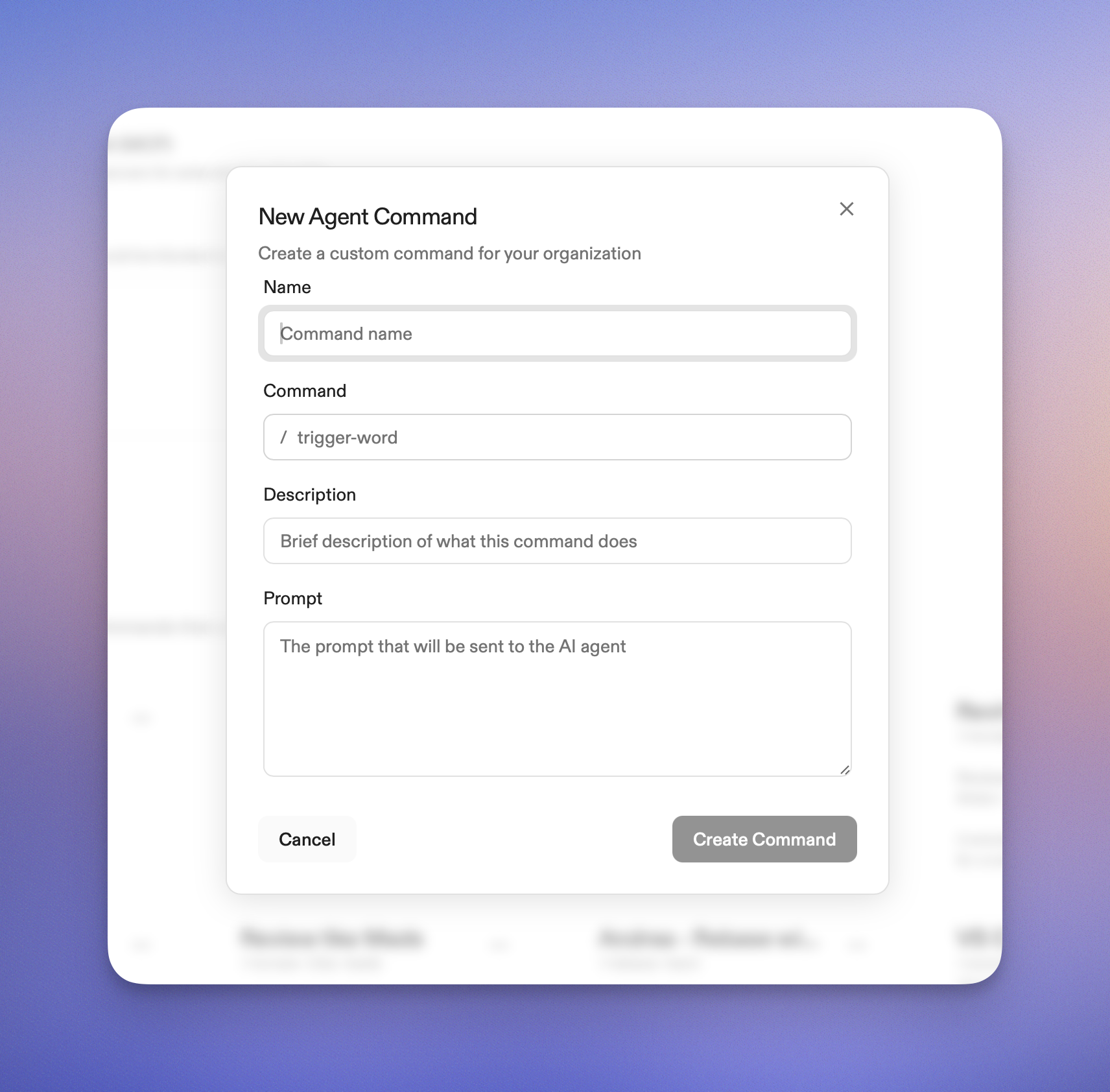/review-code and get a review with the same rigor your senior engineer would apply. Type /security-check and catch the vulnerabilities they’d catch. Everyone gets access to your team’s best practices.
Why this matters
Without shared commands, quality varies. One developer’s code review catches security issues; another’s misses them. One person knows how to write tests that actually test behavior; others write tests that just hit coverage targets. With slash commands:- Expertise scales: A senior engineer’s review checklist becomes available to the whole team
- Quality standardizes: Everyone follows the same thorough process
- Onboarding accelerates: New team members immediately have access to proven workflows
What a great command looks like
Here’s a real example - a code review command that captures one engineer’s review philosophy:/review-like-mads and get a review with that level of rigor.
More examples
| Command | What it codifies |
|---|---|
/security-review | Your security team’s checklist for reviewing PRs |
/write-tests | How your team writes tests that actually catch bugs |
/explain-this | Your standard for documentation and code explanation |
/debug-strategy | Your senior engineer’s approach to debugging |
/deploy-checklist | Everything to verify before shipping |
Create your first command
- Go to Settings > Agents
- Click New Command
- Configure:
- Name: What appears in the command list (e.g., “Review like Mads”)
- Command: The slash trigger (e.g.,
review-like-mads) - Description: When to use it
- Prompt: The full prompt text
- Click Create Command

Using commands
Type/ in Ona Agent to see available commands. Start typing to filter, then select with arrow keys or click.
You can add context after the command:
Tips for good commands
Capture real expertise: Base commands on how your best people actually work, not theoretical ideals. Be specific:/security-review is better than /review. Include the actual checklist, not just “check for security issues.”
Include priorities: Tell agents what matters most. “Focus on X before Y” helps them make tradeoffs.
Update over time: When someone catches something your command missed, add it to the prompt.
Next steps
- Teach agents your codebase with AGENTS.md and Skills
- Configure Linear to connect agents with your project management